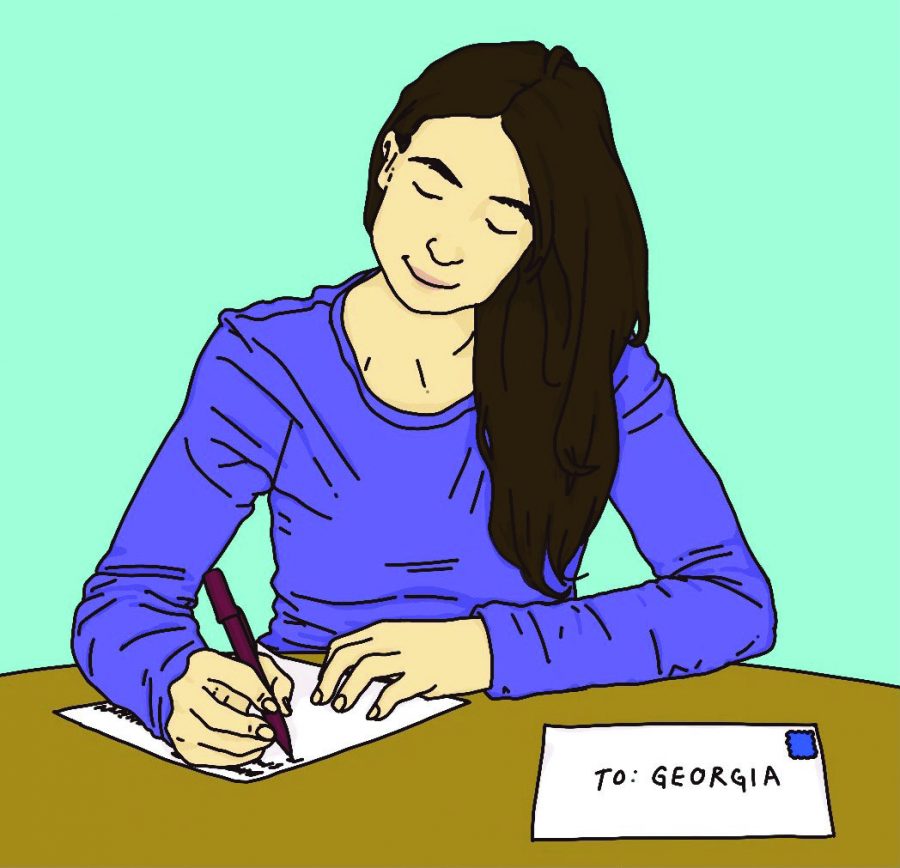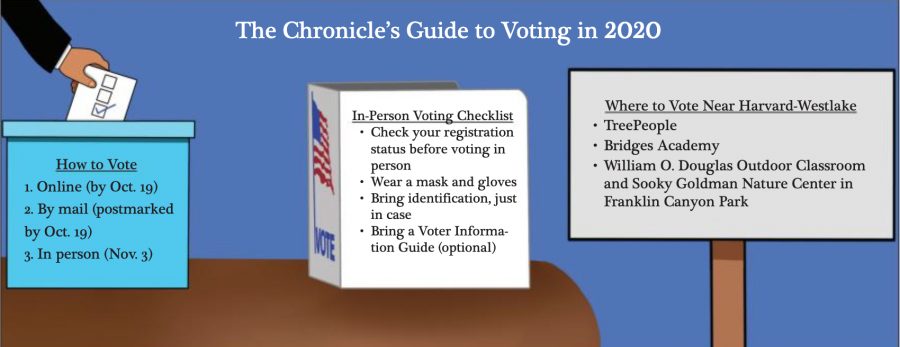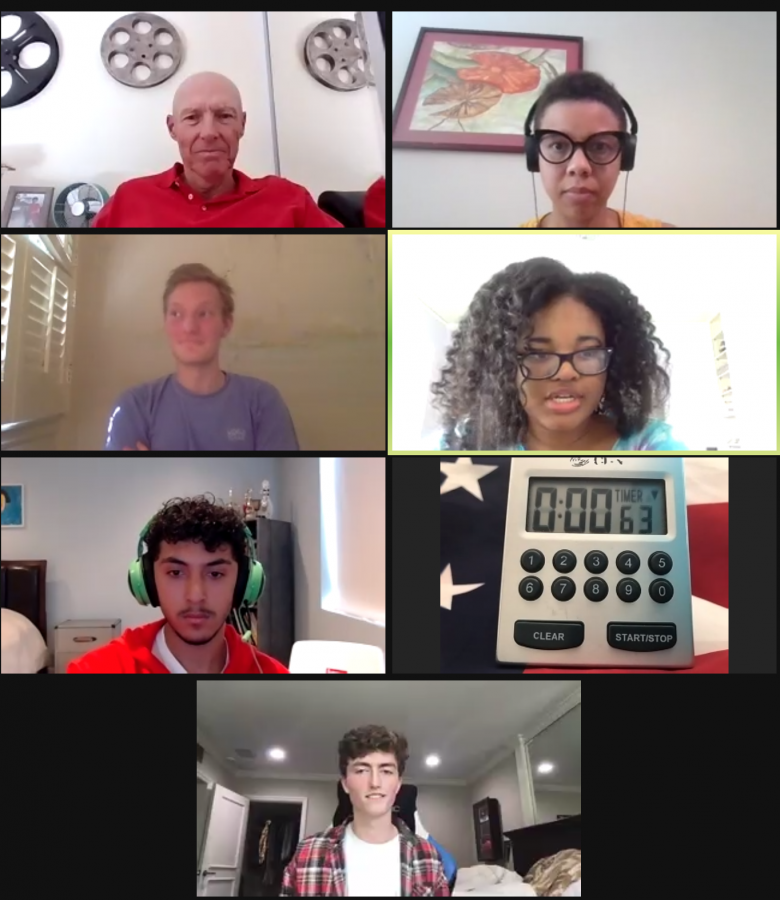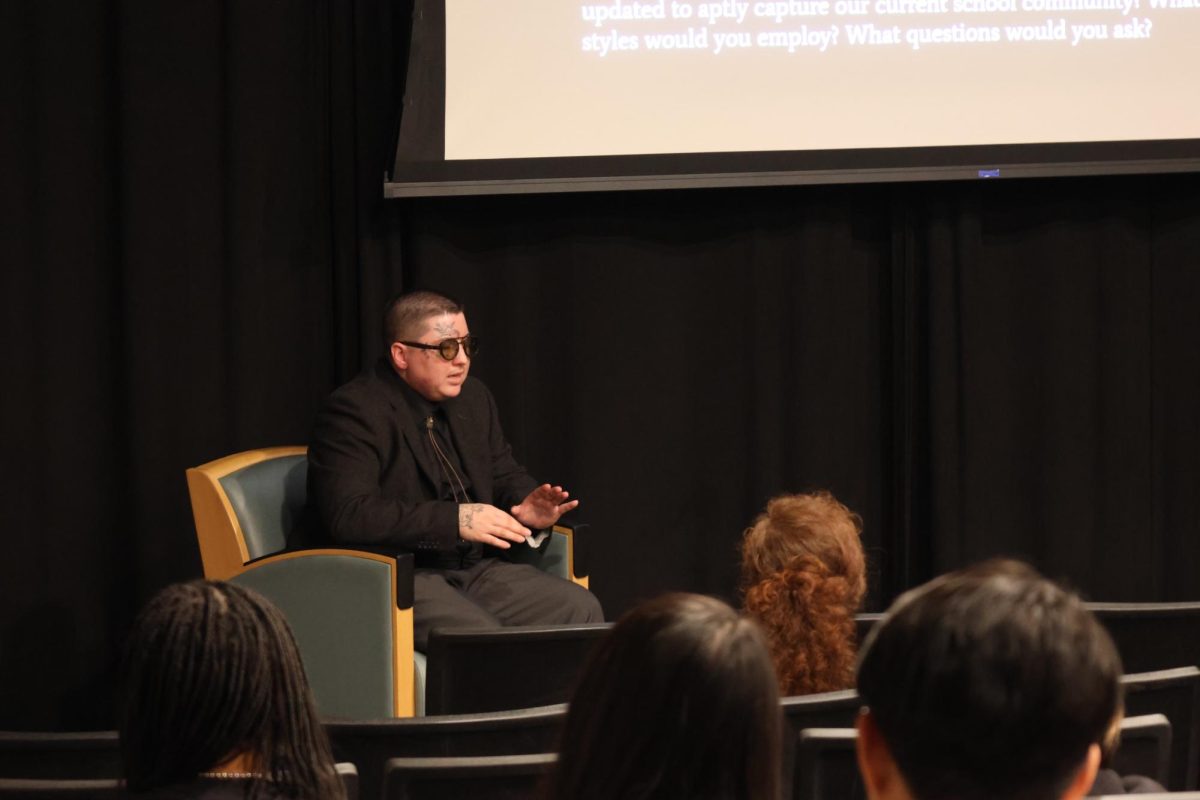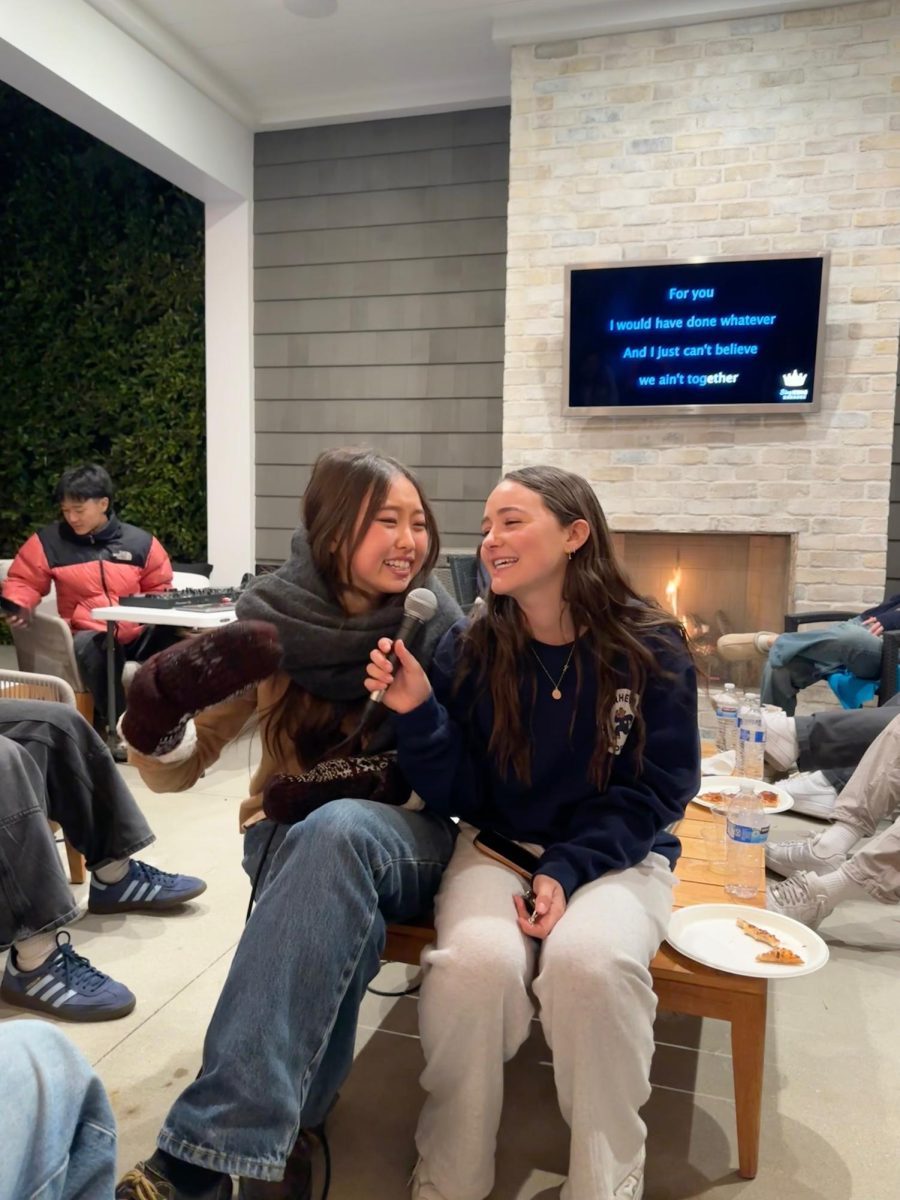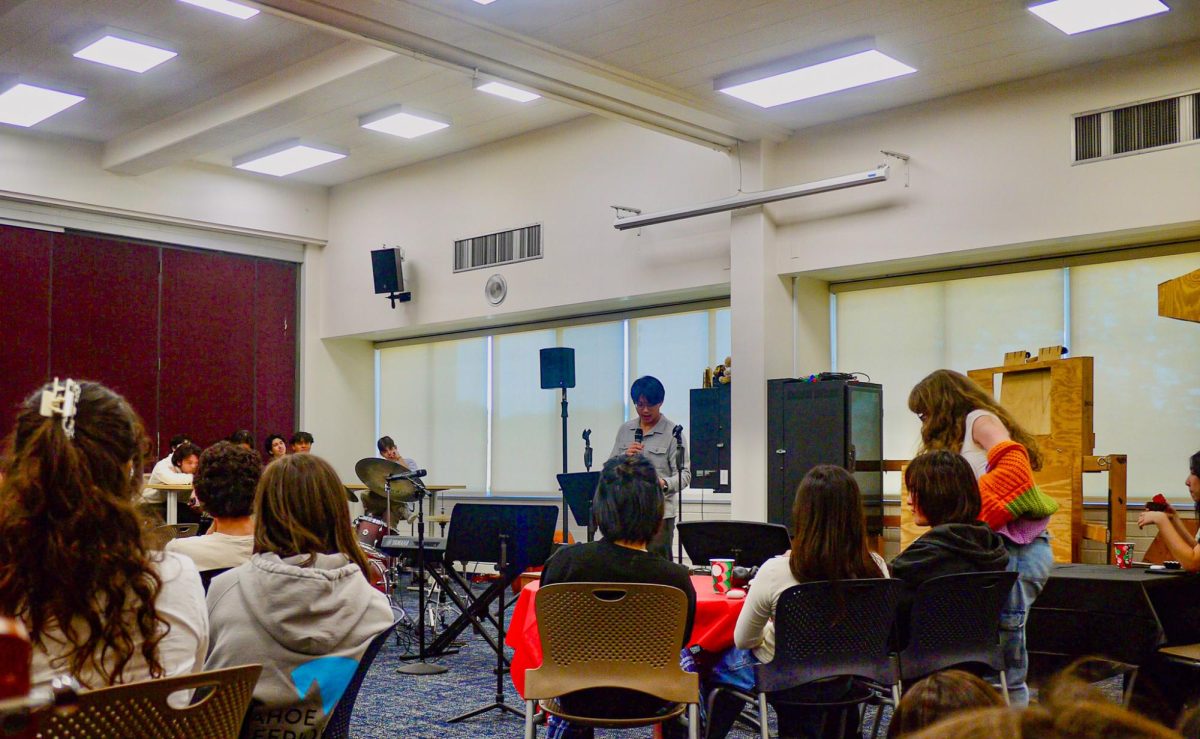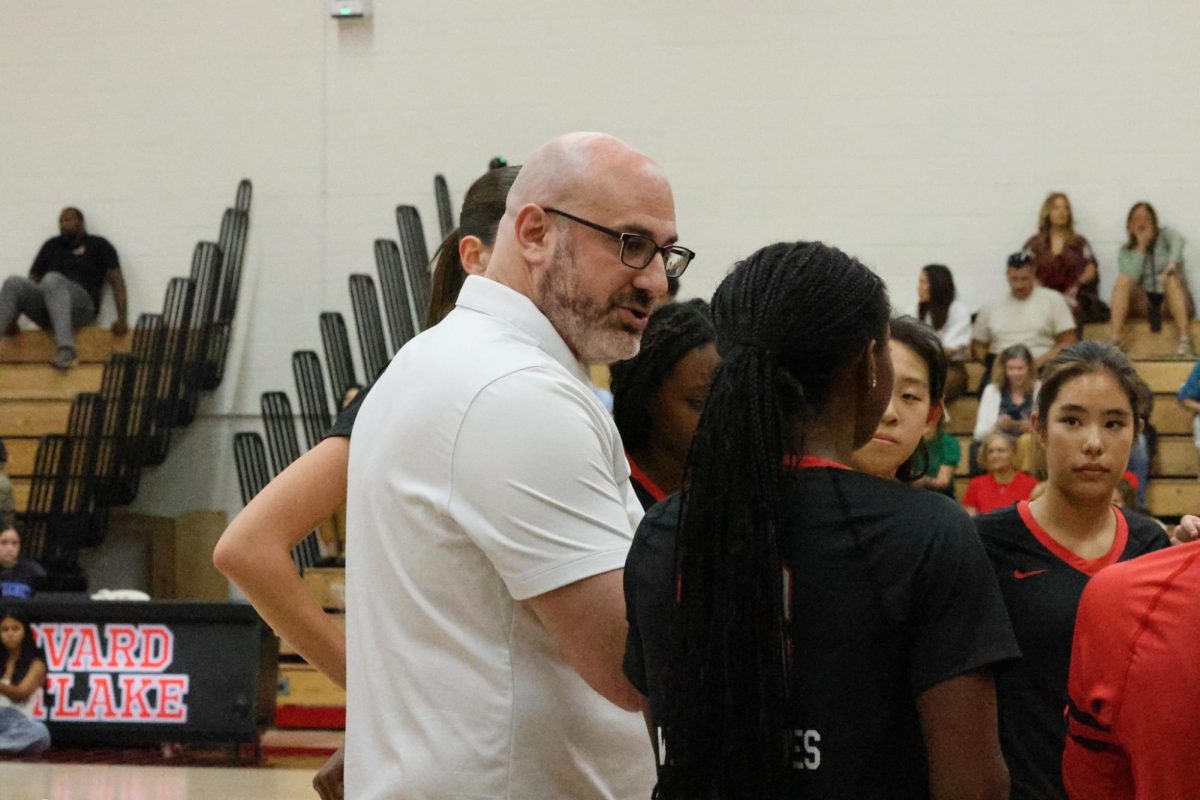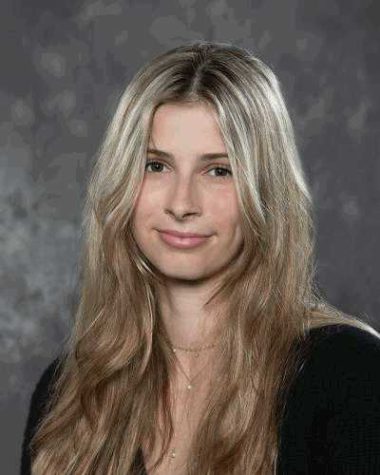With the upcoming 2020 election looming, students are learning about the electoral process in their history classes. Whether it’s in the form of projects, lessons or in-class discussions, the majority of the students have learned about the electoral college, at the very least.
Advanced Placement Human Geography student Jack Hartmeier ’22 said that even though he didn’t learn a lot about the inner-workings of the election, he had class discussions after the presidential and vice-presidential debates.
“I learned more about different reforms but also heard from students all across the political spectrum and their reasonings,” Hartmeier said.
United States History student Sloan Peterson ’22 had the option to do a podcast about any part of the constitution: she chose the electoral college.
“I think it is important to do this project because you get a better understanding of the topic that you’re interested in because the constitution plays a role in everything we do today and how it affects us,” Peterson said.
History teachers Peter Sheehy and Cecilia Geodde designed a project for Advanced Placement U.S. History students in which students researched the electoral process in their state and voter suppression. Students then partnered up with students who researched a different state and wrote a comparison. Sheehy hopes that this project will inspire civic engagement amongst students.
“I hope that my students come away with an appreciation for the complexity of voting laws, how sacred the right to vote is and how they might help protect and expand voting rights in 2020 and beyond,” Sheehy said.
Kennedy Hill ’22 said she participated in Sheehy’s election project and found it really valuable to learn more about her state.
“I was Hawaii and it opened my eyes to the various issues people of Hawaii have with the voting process and politics in general,” Hill said. “In the past, the voter turnout in Hawaii has been extremely low and it is largely due to the feeling of detachment from the U.S. and lack of knowledge of how each candidate affects them personally and nationally”.
Sheehy also hosted a series of lunch discussions about the presidential and vice-presidential debates to let students share their opinions in a free environment.
“My goal was to provide a space for those conversations to occur among students, with minimal input from faculty,” Sheehy said. “I am teaching an AP Gov class that has been focused on the election, and I have been so energized by the conversations in that class that I wanted to provide more opportunity for my APUSH students to engage in similar conversations”.




























